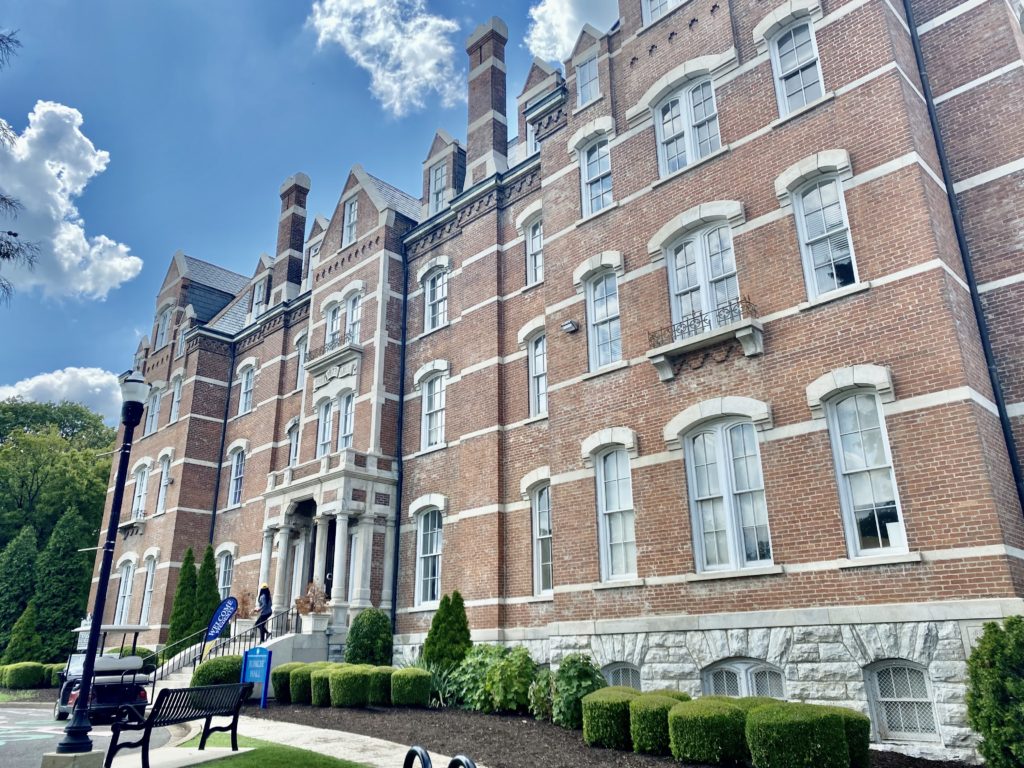
Like many K-12 schools across the state, Tennessee’s historically Black colleges are in a staffing crisis. It’s a years-long problem that has affected how fast students can get their financial aid and housing applications processed.
These issues have led to low graduation rates at some colleges, and now the Tennessee Higher Education Commission has a new plan to help get HBCUs some of the resources they need.
More: How decades of underfunding harms TSU students and hurts graduation rates
The state’s HBCU Success Advisory Board established a three-year strategic plan with a goal to strengthen the “administrative capacity” at Tennessee’s seven HBCU institutions, including: American Baptist College, Fisk University and Tennessee State University.
“The capacity is very different at HBCUs, especially in Tennessee,” said Brittany Mosby, the state’s director of HBCU success, during a July higher education commission meeting. “Six of out seven HBCUs are private institutions, smaller staff and multiple staff members wearing multiple hats.”
The lack of administrative support at HBCUs is a common complaint from both students and graduates. Fisk University junior Katelynn Fencl told WPLN News that staffing issues often trickle down to students.
“I’m a junior with more credits than I need as a junior, and I’m still undeclared,” Fencl said, “not because I don’t know my major, but because it’s just so many hoops to go through to get my advisor.”
At Fisk, Fencl added, it’s not out of the ordinary to have professors take on dual roles as teachers and administrative workers.
“I think HBCU issues are pretty well known,” Fencl said. “I think they’re just ignored in a way.”
Fencl said that HBCUs need more funding to hire more people. But it’s still unclear what Tennessee will be doing to help those schools bring on more staff members.
In February, Gov. Bill Lee proposed $250 million for infrastructure projects at TSU to make up for decades of underfunding issues. A 2021 budget analysis found that the state owed the college upwards of a half-billion dollars.

